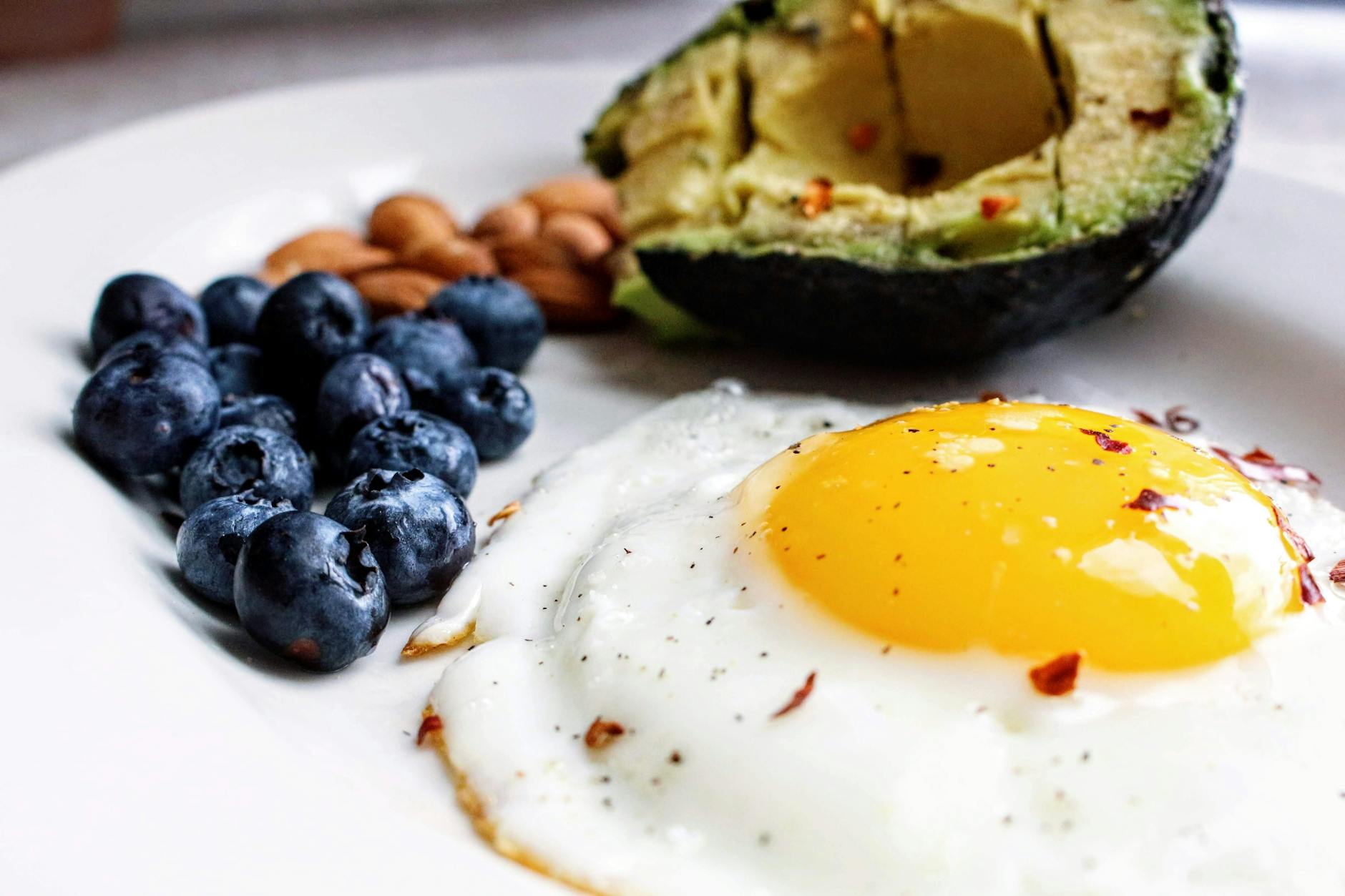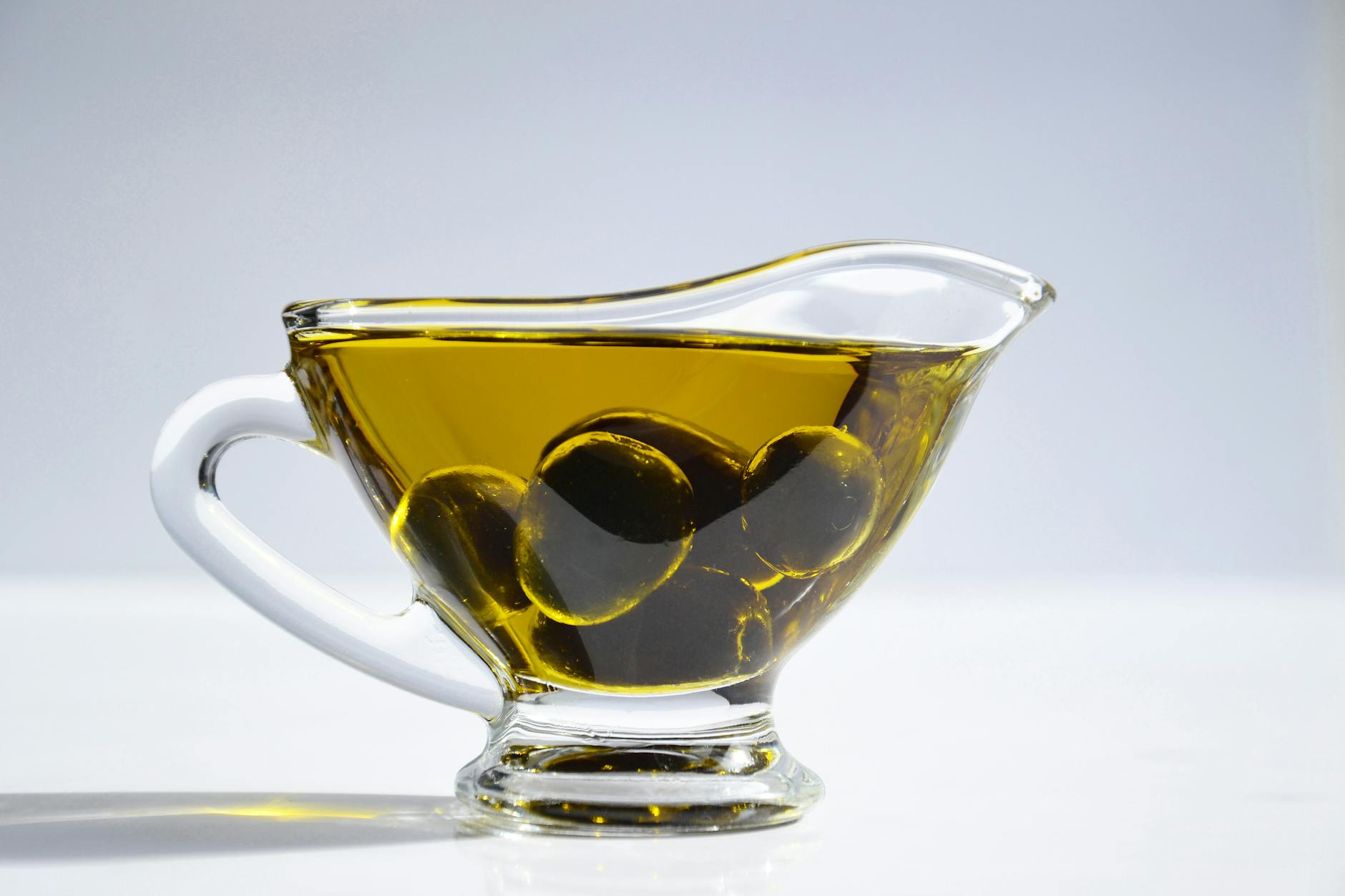Are you tired of feeling sluggish and struggling with your weight? 🥱 The solution might be simpler than you think. Low carb diets have gained immense popularity in recent years, and for good reason. Endorsed by numerous medical professionals, these diets can lead to significant health improvements and sustainable weight loss.
But where do you start? 🤔 With so much conflicting information out there, it's easy to feel overwhelmed. That's why we've compiled a list of top low carb foods recommended by MDs. These aren't just any foods – they're nutrient-dense powerhouses that can help you achieve your health goals without sacrificing taste or satisfaction.
In this blog post, we'll explore a variety of low carb options, from vibrant vegetables to protein-rich foods and healthy fats. We'll even touch on low carb fruits and clever alternatives to high carb staples. So, whether you're a seasoned low carb enthusiast or just starting your journey, buckle up for a comprehensive guide that will revolutionize your approach to eating! 🥗🍖🥑
Low Carb Vegetables for Optimal Health

A. Leafy Greens: Nutritional Powerhouses
Leafy greens are the cornerstone of any low carb diet, offering a wealth of nutrients with minimal carbohydrates. Spinach, kale, and Swiss chard are excellent choices, packed with vitamins A, C, and K, as well as minerals like iron and calcium. These greens are incredibly versatile, perfect for salads, sautés, or as wraps for high-protein fillings.
B. Cruciferous Vegetables: Cancer-Fighting Properties
Broccoli, cauliflower, and Brussels sprouts are low in carbs but high in fiber and antioxidants. These vegetables contain compounds like sulforaphane, which has been linked to cancer prevention. Cruciferous vegetables are also rich in vitamins C and K, making them excellent choices for maintaining overall health while keeping carb intake low.
C. Zucchini and Squash: Versatile and Filling
Zucchini and various squash varieties are low in carbs but high in volume, making them ideal for satisfying meals. They can be spiralized into "zoodles" as a pasta alternative, grilled as a side dish, or used in low carb baking. These vegetables are also good sources of vitamins A and C, as well as potassium.
D. Cauliflower: The Ultimate Carb Substitute
Cauliflower has become a staple in low carb diets due to its incredible versatility. It can be riced, mashed, or even used as a pizza crust substitute. Rich in vitamins C and K, cauliflower also provides a good amount of fiber and antioxidants.
| Vegetable | Net Carbs per 100g | Key Nutrients |
|---|---|---|
| Spinach | 1.4g | Iron, Vitamin A, K |
| Broccoli | 4g | Vitamin C, Fiber |
| Zucchini | 2.1g | Vitamin A, C |
| Cauliflower | 3g | Vitamin C, K |
These low carb vegetables not only support weight management but also contribute to overall health, making them essential components of a doctor-recommended low carb diet. Now that we've explored the best low carb vegetables, let's move on to protein-rich foods that complement these nutritious choices.
Protein-Rich Low Carb Foods

Eggs: Nature's Perfect Protein Source
Eggs are a cornerstone of any low-carb diet, offering a complete protein profile with minimal carbohydrates. One large egg contains about 6 grams of protein and less than 1 gram of carbs, making it an ideal choice for those following a low-carb lifestyle. Eggs are also rich in essential nutrients like vitamin D, B12, and choline, supporting overall health.
Fatty Fish: Omega-3 Boost
Incorporating fatty fish into your low-carb diet provides a double benefit: high-quality protein and heart-healthy omega-3 fatty acids. Options like salmon, mackerel, and sardines are excellent choices. These fish are virtually carb-free while offering substantial protein content. A 3-ounce serving of salmon, for instance, provides about 22 grams of protein with zero carbs.
Lean Meats: Satisfying and Nutrient-Dense
Lean meats are another excellent source of protein without the added carbs. Chicken breast, turkey, and lean cuts of beef like sirloin or flank steak are all great options. These meats are not only low in carbs but also rich in essential nutrients like iron and B vitamins.
Plant-Based Proteins: Options for Vegetarians
For those following a vegetarian low-carb diet, there are still plenty of protein-rich options available. Tofu, tempeh, and seitan are excellent choices, offering substantial protein with minimal carbs. Nuts and seeds, while higher in fat, also provide a good protein boost.
| Protein Source | Protein (g/100g) | Carbs (g/100g) |
|---|---|---|
| Eggs | 13 | 1 |
| Salmon | 22 | 0 |
| Chicken Breast | 31 | 0 |
| Tofu | 8 | 2 |
Incorporating these protein-rich, low-carb foods into your diet can help maintain muscle mass, promote satiety, and support overall health while keeping carbohydrate intake low. Now that we've covered protein sources, let's explore the role of healthy fats in a low-carb diet.
Healthy Fats for a Low Carb Diet

Avocados: Heart-Healthy Monounsaturated Fats
Avocados are a nutritional powerhouse in the world of low-carb diets. Packed with heart-healthy monounsaturated fats, these creamy fruits are not only delicious but also incredibly versatile. One medium avocado contains approximately 9 grams of carbs, with 7 grams being fiber, making it an excellent choice for those watching their carb intake.
Nuts and Seeds: Crunchy Nutrient Powerhouses
Nuts and seeds are essential components of a low-carb diet, offering a perfect balance of healthy fats, protein, and fiber. Here's a comparison of popular low-carb nuts and seeds:
| Nut/Seed | Net Carbs (per 1 oz) | Fat (g) | Protein (g) |
|---|---|---|---|
| Almonds | 2.9 | 14 | 6 |
| Walnuts | 2 | 18 | 4 |
| Chia | 1 | 9 | 4 |
| Pumpkin | 1 | 13 | 7 |
Olive Oil: Mediterranean Diet Staple
Olive oil, a cornerstone of the heart-healthy Mediterranean diet, is an excellent source of monounsaturated fats. It's virtually carb-free, making it an ideal choice for low-carb cooking and dressing salads. Extra virgin olive oil, in particular, offers additional antioxidants and anti-inflammatory compounds.
Coconut Products: MCT-Rich Options
Coconut-derived products like coconut oil, coconut milk, and unsweetened coconut flakes are rich in medium-chain triglycerides (MCTs). These fats are easily digested and can help promote ketosis in very low-carb diets. However, use them in moderation as they are high in saturated fats.
Full-Fat Dairy: Calcium and Protein Combo
Full-fat dairy products like cheese, cream, and yogurt can be part of a healthy low-carb diet. They provide essential nutrients such as calcium and protein while keeping carb content low. Greek yogurt, for instance, offers a higher protein content compared to regular yogurt, making it an excellent choice for those following a low-carb, high-protein diet.
With these healthy fat options, you can add flavor, nutrition, and satiety to your low-carb meals. Next, we'll explore how to incorporate low-carb fruits into your diet without derailing your carb goals.
### Low Carb Fruits in Moderation
While fruits are generally higher in natural sugars (carbohydrates), there are still several low-carb options that can be enjoyed in moderation. These fruits provide essential vitamins, minerals, and antioxidants without significantly impacting your carb intake.
#### A. Berries: Antioxidant-Rich and Low in Carbs
Berries are among the best low-carb fruit options due to their high fiber content and low net carbs. For example:
- **Raspberries**: 5.4g net carbs per 100g
- **Blackberries**: 4.3g net carbs per 100g
- **Strawberries**: 5.7g net carbs per 100g
These fruits are packed with antioxidants, which help combat inflammation and support overall health. They can be enjoyed fresh, added to low-carb yogurt, or used as a topping for chia seed pudding.
#### B. Avocado: Yes, It’s a Fruit!
Avocado is technically a fruit and is one of the lowest-carb options available. With only 1.8g net carbs per 100g, it’s a staple in low-carb diets. Avocados are rich in healthy fats, fiber, and potassium, making them a nutrient-dense choice.
#### C. Watermelon: Surprisingly Low in Carbs
Watermelon is refreshing and relatively low in carbs, with about 7.5g net carbs per 100g. While it’s higher in sugar compared to berries, it can still be enjoyed in small portions as a hydrating treat.
#### D. Cantaloupe and Honeydew: Sweet but Moderate
These melons are slightly higher in carbs but can still fit into a low-carb diet when consumed in moderation. Cantaloupe has about 8g net carbs per 100g, while honeydew has around 9g net carbs per 100g.
####\:
| Fruit | Net Carbs (per 100g) | Key Nutrients |
|---------------|----------------------|------------------------|
| Raspberries | 5.4g | Fiber, Vitamin C |
| Blackberries | 4.3g | Fiber, Manganese |
| Strawberries | 5.7g | Vitamin C, Folate |
| Avocado | 1.8g | Healthy Fats, Potassium|
| Watermelon | 7.5g | Hydration, Vitamin A |
### Low Carb Alternatives to High Carb Foods
One of the keys to sustaining a low-carb lifestyle is finding satisfying alternatives to high-carb staples. Here are some clever swaps that can help you stay on track without feeling deprived:
#### A. Cauliflower Rice Instead of White Rice
Cauliflower rice is a game-changer for low-carb diets. With only 3g net carbs per 100g, it’s a perfect substitute for traditional rice. Simply grate or pulse cauliflower in a food processor, then sauté or steam it for a rice-like texture.
#### B. Zucchini Noodles (Zoodles) Instead of Pasta
Zucchini noodles are a fantastic low-carb alternative to pasta, with just 2.1g net carbs per 100g. Use a spiralizer to create zoodles, and pair them with your favorite low-carb sauces, such as pesto or marinara.
#### C. Almond Flour Instead of Wheat Flour
Almond flour is a low-carb, gluten-free alternative to traditional wheat flour. With only 6g net carbs per 100g, it’s ideal for baking low-carb bread, muffins, and pancakes.
#### D. Lettuce Wraps Instead of Tortillas
Swap out high-carb tortillas for large lettuce leaves like romaine or butter lettuce. These wraps are virtually carb-free and perfect for holding fillings like grilled chicken, avocado, and cheese.
#### E. Greek Yogurt Instead of Sour Cream
Greek yogurt is a low-carb, high-protein alternative to sour cream. With about 4g net carbs per 100g, it’s a healthier option for topping dishes or making dips.
#### Low Carb Alternatives at a Glance:
| High Carb Food | Low Carb Alternative | Net Carbs (per 100g) |
|----------------|----------------------|----------------------|
| White Rice | Cauliflower Rice | 3g |
| Pasta | Zucchini Noodles | 2.1g |
| Wheat Flour | Almond Flour | 6g |
| Tortillas | Lettuce Wraps | 0g |
| Sour Cream | Greek Yogurt | 4g |
### Conclusion
Embarking on a low-carb diet doesn’t mean sacrificing flavor, variety, or satisfaction. By incorporating nutrient-dense, low-carb foods like leafy greens, cruciferous vegetables, protein-rich options, and healthy fats, you can achieve your health and weight loss goals while enjoying delicious meals.
Remember, moderation is key when it comes to low-carb fruits, and clever swaps for high-carb staples can make the transition easier and more enjoyable. Whether you’re a seasoned low-carb enthusiast or just starting your journey, these doctor-recommended foods and alternatives provide a solid foundation for long-term success.
So, why wait? Start experimenting with these low-carb foods today and experience the transformative benefits of a healthier, more energized lifestyle! 🥗🍖🥑
